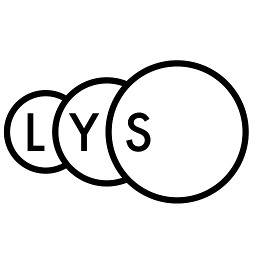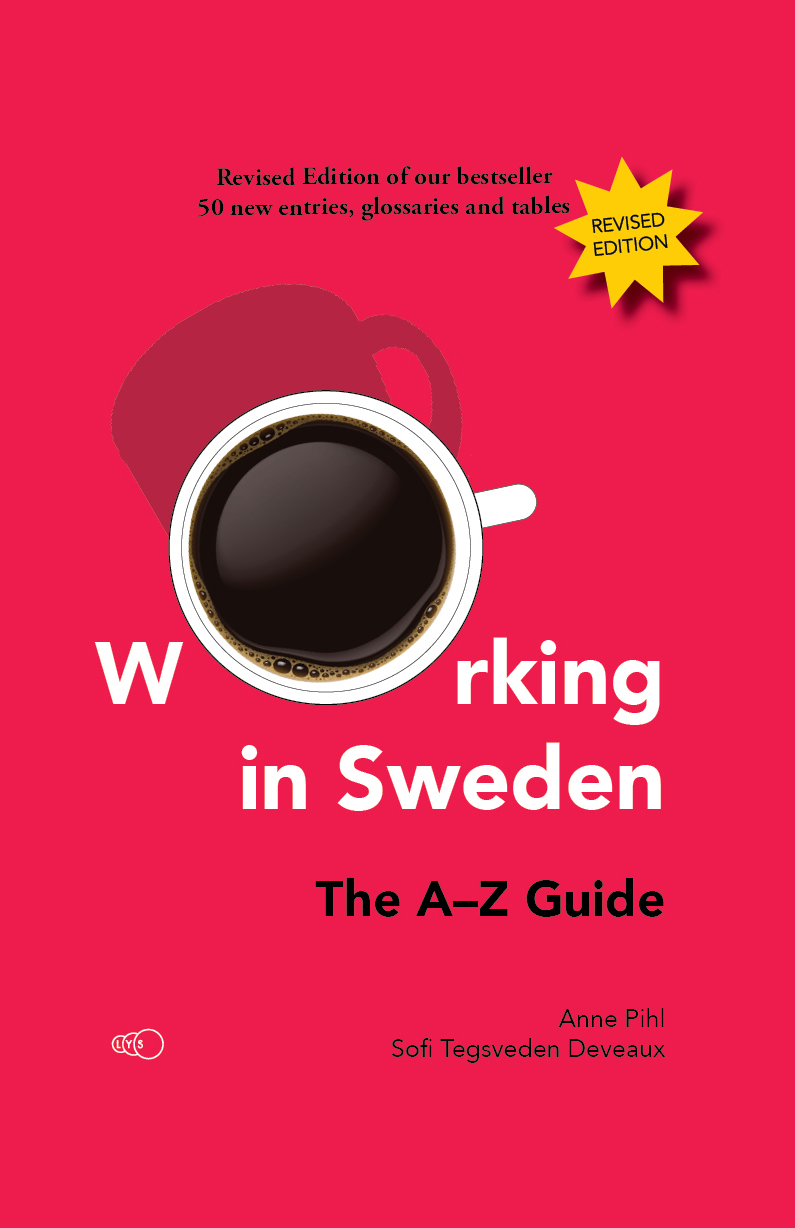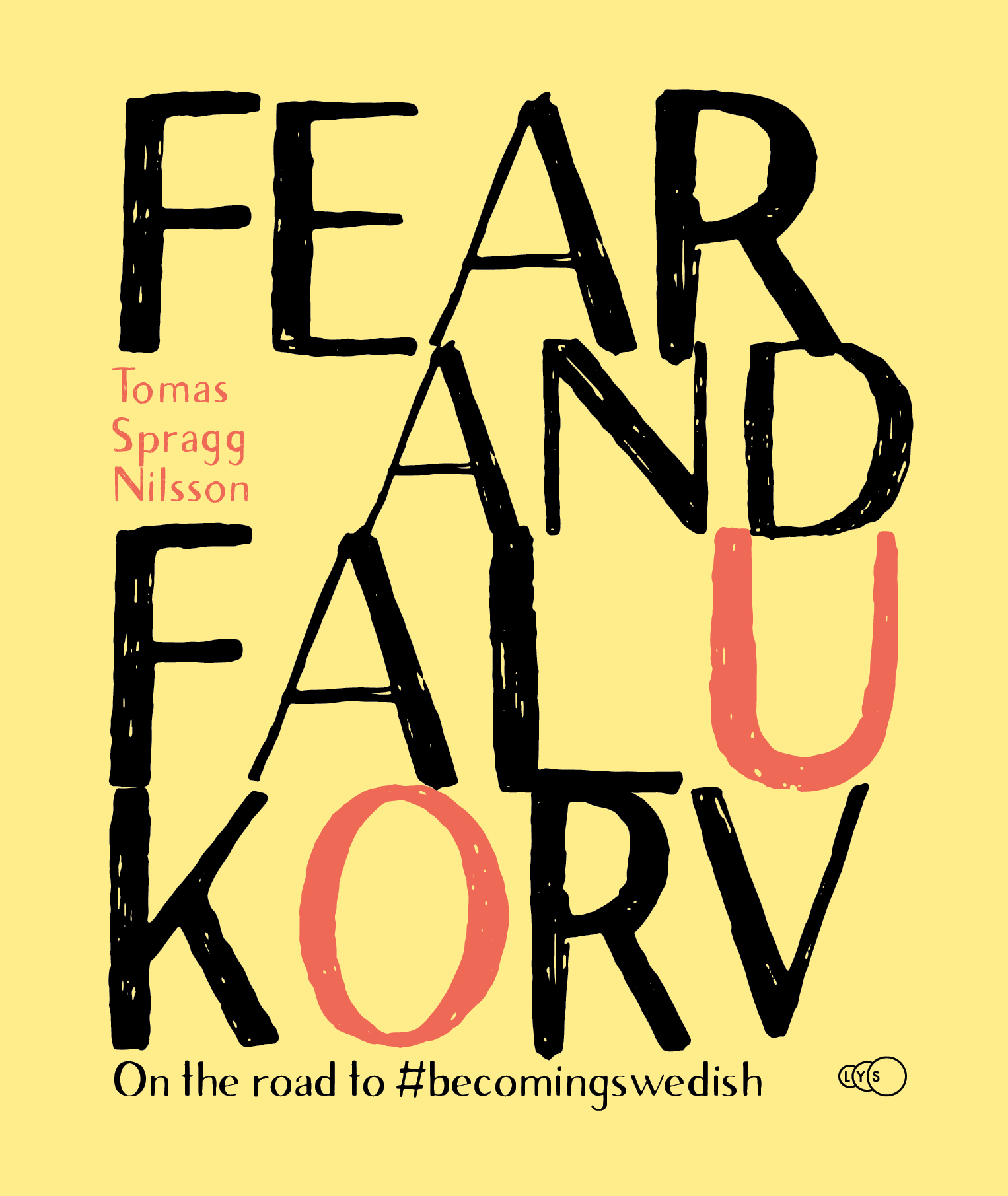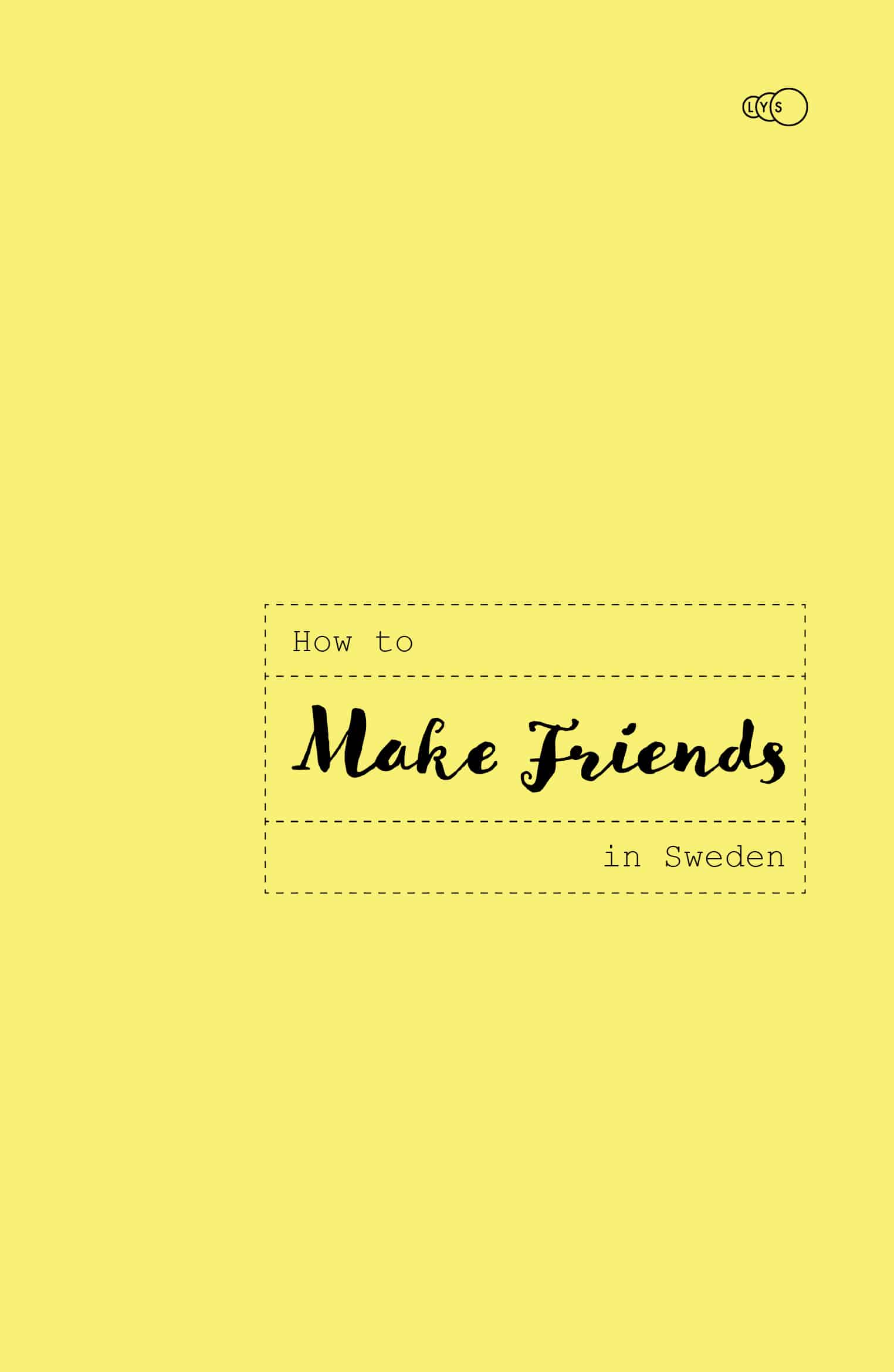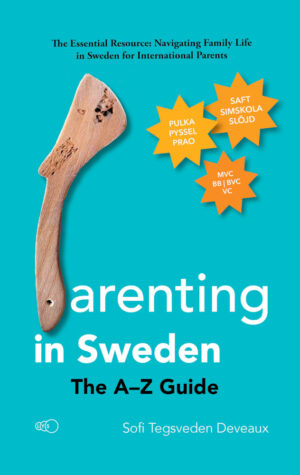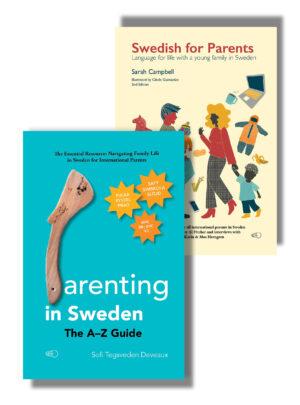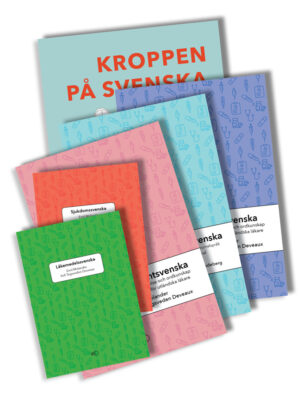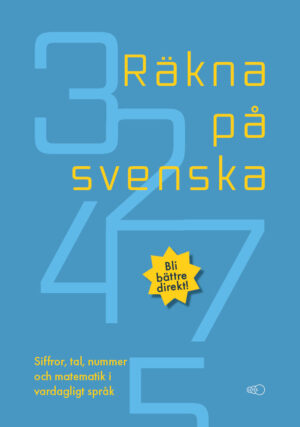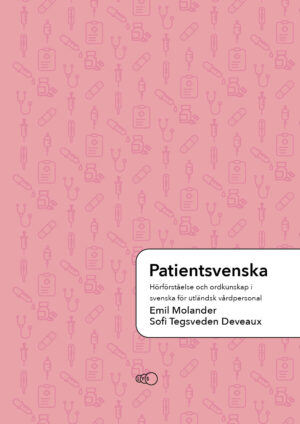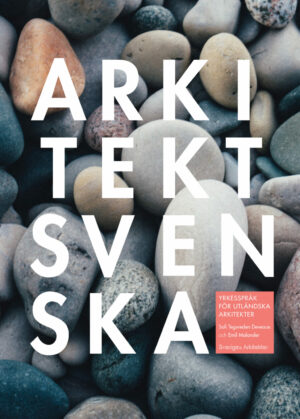Dependent on the position, the size of the company and personal preferences of the managers, you will either meet a recruiter from a professional recruitment company, the HR manager, or your prospective manager for your first interview. They want to meet you to see the real person behind the CV and the covering letter, so your job is to make sure that they really get to see your full (professional) personality.
What should I bring?
In most cases, you are asked to provide all the paperwork at the end of the recruitment process, but it is always good to be one step ahead. Bring copies of your diploma(s), certifications, recommendation letters, and contact details to your references. These should be nicely organised in a folder or similar. Bring also your portfolio if you have one, in paper or digital format.
If you have been asked to make a presentation, make sure you know the expectations regarding duration. Make it a little shorter. Some job seekers make a presentation on their own initiative. If you like to do this, this is certainly a positive thing – if, and only if, you keep it short. When I write short, I mean a maximum of five minutes.
Also bring a list of things you would like to talk about during the interview, including your questions. This is not ‘cheating’. The interview is not an exam where you are supposed to know everything ‘by heart’. Well organised people make lists of things that you need to remember. Humble people know that they are likely to forget things. Remember the concept of prestigelös?
What should I wear?
As for most other things, Swedish dress-code is less formal than in continental Europe. Formality is sector-dependent, ranging from formal wear in finance, to personal style in design. Regardless of this, you are expected to dress up more for an interview than for an average day in the office, but never so that you feel uncomfortable. If you have never worn a tie, this is not the moment to start! Wear neutral colours. Jewellery and accessories should be understated.
Sweden has distinct seasons, and you do need to wear weather-appropriate clothing, coming to the interview. Especially during the colder (and wetter) months this can be tricky if you aim to look smart. Your outerwear counts, and it is an absolute necessity that your coat, accessories (beanie, scarf, gloves) and shoes are presentable. Inside, it will be around 23 degrees Celsius, and most people feel even hotter when stressed. Wear layers that can be removed.
Arrive a few minutes early
Swedes take punctuality literally, and it is considered very rude to be even a few minutes late. If you want to do it the Swedish way, arrive according to plan 20 minutes early, in case there will be any problem with traffic or public transport. Spend ten to fifteen minutes walking around the block, checking out the area, and arrive at the reception five minutes before schedule. If you are running late, it is absolutely crucial that you call the office as soon as possible, apologise, give your explanation, and tell them what time you think you will be coming. When you finally arrive, apologise again.
Respect everyone as your equal
This includes the receptionist, the person watering the plants, the CEO, and your prospective manager. Sweden is a country where there are few displays of hierarchy. Furthermore, your professional position is not considered as a reflection of your personal success and status, but very literally, a way of making a living at this moment in time. Working for someone means that you are selling a service, and the other person is buying that service from you – a mere transaction.
During your interview, be polite and attentive, but do take the initiative to talk about things that you consider important. Ask questions, comment on things, use your sense of humour when appropriate.
What language should I speak?
If all the previous correspondence (cover letter, phone calls etc.) has been in Swedish, you are expected to do the interview in Swedish. Equally, if you have had all contact in English, this is also the language to expect during the interview. Remember that the Swedish interviewer may not have as good English language skills as you.
Swedes have a rather pragmatic view of language. The most important thing is that mutual communication is achieved. If there is a word that you do not know in Swedish, be clear about it, or say it in English. Make no big deal about this. Same, if speaking Swedish makes you nervous, say it.
The first five minutes
Do accept a drink (coffee, or water, would be the standard choice) if offered. People like when you accept their offers, and it gives you a few minutes to warm up for the interview. This would probably involve a little walk to the kitchen or the coffee machine. Take this moment as an opportunity to relax and test your voice. Chat about the office (it looks really nice, did you recently re-locate here, I know a good restaurant around the corner…), the weather, or other neutral topics (where it is not necessary to express your personal opinions).
Check out our books about life in Sweden:
(Article continues below)
Your answers count
Mainly, you will be asked three type of questions; about your personality, your behaviour in certain situations, and directly work-related questions. What you answer is interesting, but probably not as much as how you answer them. Be as honest as you can, and with this I mean, try to avoid clichés, and use concrete examples from your own professional life. Standard questions that are universally acknowledged can be googled. It might be worth ‘preparing’ yourself by thinking of answers that really reflect your personality, but it is fine to spend some time reflecting before you answer. Swedes consider silence perfectly acceptable – they know you are thinking.
If you are unsure of how to answer a question, this is considered normal, just be clear about this. It is much better to admit that you are imperfect than trying to come up with an answer that does not make sense. Likewise, if you do not understand the question, ask the interviewer to clarify.
Your questions count more
For a successful interview, my greatest advice is to turn it into a dialogue, where both parts ask and answer questions, and engage in the discussion. In general, it is good to ask as much as possible, and it is good if the questions are as genuine as possible. Do not count on improvising all questions during the interview, although improvised questions are also good. Make sure you have prepared a comprehensive list of things related to the company, the position, the projects and the team you would be working with, the future.
A person who asks many questions seems sincerely interested in the company and the work. And this is, I guess in any case, what an employer wants. Ask what challenges come with the position in question. Ask why they chose you as one of the applicants to come to the interview. This gives you an idea on what skills and qualities that you should emphasise, and this can also be particularly useful in a salary negotiation, later.
Skip these questions
You should never bring up the salary or other benefits. Until this is brought up (often at the end of the recruitment process), the unwritten agreement is that you want the job because of the great opportunity it would be for you to grow as a professionals and further improve your technical skills.
Remember
- This is a moment for you and the interviewer to get to know each other, it is not an exam.
- Be yourself and show it.
- This is also the moment for you to find out whether you want the job.
- Always present your international background as something positive, because it is. You have additional language skills, a different view of things, knowledge of foreign markets, and will bring new ways of thinking into the office.
And what about my salary expectations?
In most cases (but not all!) you will not be asked about your salary expectations until the very end of the recruitment process, but I strongly recommend you to be prepared and have a number in mind already for your first interview.
